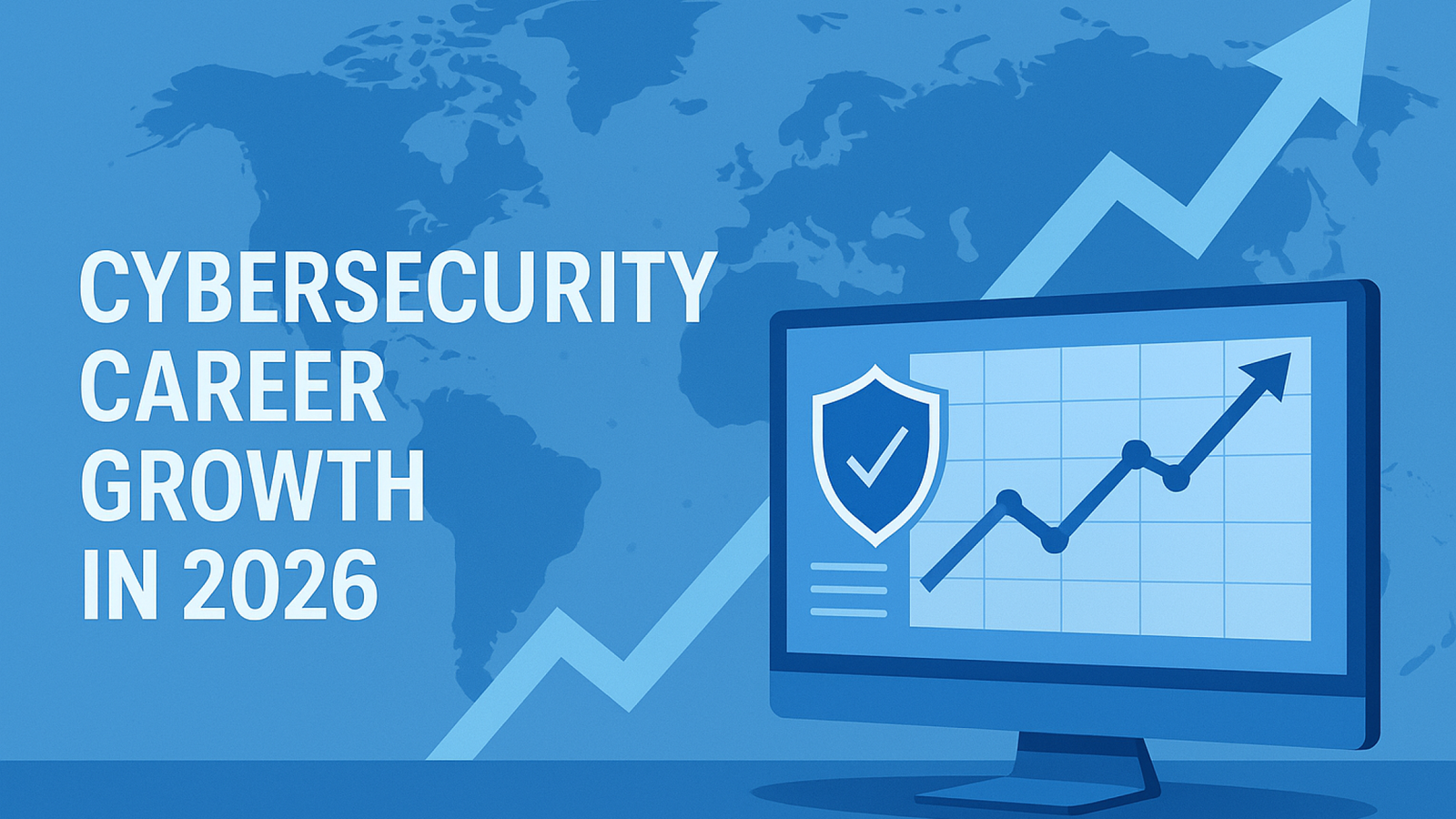Black Hat Hacker: The Dark Side of Cybersecurity

Understanding Black Hat Hacker: What You Need to Know in the World of Cybersecurity
In today’s digital age, cybersecurity has become a critical concern for individuals, businesses, and governments alike. With the rise of cyber threats, the term “black hat hacker” has gained significant attention. But who are these individuals, and why should you care? If you’re exploring cybersecurity courses or looking to understand the darker side of hacking, this blog will provide you with a comprehensive overview of black hat hacker, their methods, and how you can protect yourself against them.
Who is a Black Hat Hacker?
A black hat hacker is an individual who uses their technical skills to exploit vulnerabilities in computer systems, networks, or software for malicious purposes. Unlike ethical hackers (white hat hackers) who work to secure systems, black hat hackers operate with the intent to steal data, disrupt services, or cause harm. They are often motivated by financial gain, personal vendettas, or simply the thrill of breaking into secure systems.
Key Characteristics of Black Hat Hacker:
- Malicious Intent: Their primary goal is to cause harm or gain unauthorized access.
- Illegal Activities: Black hat hacking is a criminal offense in most jurisdictions. Learn more about the legal consequences of hacking from this guide by the U.S. Department of Justice.
- Exploitation of Vulnerabilities: They exploit weaknesses in systems, often using sophisticated tools and techniques.
- Anonymity: They often operate under pseudonyms or hide their identities to avoid detection.
How Do Black Hat Hacker Operate?
Black hat hacker employ a variety of techniques to achieve their goals. Understanding these methods is crucial for anyone looking to pursue a career in cybersecurity or enroll in related courses. Here are some common tactics used by black hat hacker:
Phishing Attacks
Phishing is one of the most common methods used by black hat hacker. They send fraudulent emails or messages that appear to be from legitimate sources, tricking victims into revealing sensitive information like passwords or credit card details. For more on how to spot phishing attempts, check out this resource by the Federal Trade Commission (FTC).
Malware Distribution
Black hat hacker create and distribute malicious software (malware) such as viruses, worms, and ransomware. These programs can infect systems, steal data, or lock users out of their devices until a ransom is paid. Learn more about malware from Kaspersky’s malware guide.
SQL Injection
This technique involves injecting malicious code into a website’s database query. If successful, the hacker can gain access to sensitive data, modify or delete records, and even take control of the entire database. For a deeper dive into SQL injection, visit OWASP’s SQL Injection Guide.
DDoS Attacks
Distributed Denial of Service (DDoS) attacks overwhelm a target’s servers with traffic, causing them to crash and become unavailable to legitimate users. This is often used to disrupt business operations or extort money. Learn more about DDoS attacks from Cloudflare’s DDoS resource.
Social Engineering
Black hat hacker manipulate individuals into divulging confidential information. This can involve impersonating trusted figures, exploiting human psychology, or using persuasive tactics. For tips on avoiding social engineering attacks, visit CISA’s guide on social engineering.
Why Should You Care About Black Hat Hackers?
Whether you’re an individual, a business owner, or a student exploring cybersecurity courses, understanding black hat hacker is essential. Here’s why:
Protecting Personal Data
Black hat hacker often target individuals to steal personal information such as bank details, social security numbers, and login credentials. By understanding their methods, you can take steps to safeguard your data.
Securing Business Assets
For businesses, a single cyberattack can result in significant financial losses, reputational damage, and legal consequences. Learning about black hat hacker can help you implement robust security measures.
Career Opportunities in Cybersecurity
As cyber threats continue to grow, the demand for skilled cybersecurity professionals is on the rise. By studying black hat hacking techniques, you can position yourself as an expert in the field and pursue lucrative career opportunities.
How to Protect Yourself Against Black Hat Hacker
Now that you understand the threat posed by black hat hacker, here are some practical steps you can take to protect yourself and your organization:
Use Strong Passwords
Create complex passwords that are difficult to guess. Avoid using the same password for multiple accounts and consider using a password manager like LastPass or Dashlane.
Enable Two-Factor Authentication (2FA)
2FA adds an extra layer of security by requiring a second form of verification (e.g., a code sent to your phone) in addition to your password. Learn how to set up 2FA from Google’s 2FA guide.
Keep Software Updated
Regularly update your operating system, applications, and antivirus software to patch vulnerabilities that black hat hacker could exploit. Use tools like Patch My PC to automate updates.
Educate Yourself and Your Team
Stay informed about the latest cybersecurity threats and best practices. If you’re running a business, provide training to your employees to help them recognize and avoid potential attacks. Check out Cybrary’s free cybersecurity courses for training resources.
Invest in Cybersecurity Courses
Enrolling in cybersecurity courses, such as those offered by Cambridge Infotech, can equip you with the knowledge and skills needed to defend against black hat hacker. These courses cover topics like ethical hacking, network security, and incident response.
The Role of Ethical Hacker in Combating Black Hat Hacker
While black hat hacker pose a significant threat, ethical hacker (white hat hackers) play a crucial role in combating cybercrime. Ethical hacker use their skills to identify and fix vulnerabilities in systems, ensuring they are secure from malicious attacks. By pursuing a career in ethical hacking, you can contribute to making the digital world a safer place.
White Hat vs. Black Hat Hacker: What’s the Difference?
One of the most common questions people ask is, “What is white hat vs. black hat hacker?” Here’s a quick breakdown:
- White Hat Hacker: Also known as ethical hackers, they use their skills to protect systems and networks. They work legally, often employed by organizations to identify and fix vulnerabilities. Learn more about ethical hacking from EC-Council’s guide.
- Black Hat Hacker: These individuals exploit vulnerabilities for personal gain or malicious purposes. Their activities are illegal and unethical.
Other Types of Hacker You Should Know About
In addition to black and white hat hacker, there are other types of hacker with varying motivations and methods:
Grey Hat Hacker
A grey hat hacker operates somewhere between white and black hat hacker. They may exploit vulnerabilities without permission but often disclose them to the affected organization afterward. Their actions are not entirely ethical but are not always malicious.
Red Hat Hacker
A red hat hacker is similar to a white hat hacker but takes a more aggressive approach. They actively target and disrupt black hat hacker, often using the same tactics to neutralize threats.
Blue Hat Hacker
Blue hat hacker are typically security professionals hired by organizations to test their systems before a product launch. They focus on finding vulnerabilities and ensuring the system is secure.
People Also Search For
If you’re researching black hat hacker, you might also come across these related terms and topics:
- White hat hacker: Ethical hacker who protect systems.
- Grey hat hacker: Hacker who operate in a moral grey area.
- Black hat hacker and white hat hacker: The key differences between the two.
- Black hat hacker images: Visual representations of black hat hacker.
- Black hat hacker logo: Logos or symbols associated with black hat hacking.
- Black hat hacker are also known as: Often referred to as “crackers” or “malicious hacker.”
- Black hat hacker movie: Popular films featuring black hat hackers, such as The Matrix or Mr. Robot.
- Red hat hacker: Hacker who actively target and neutralize black hat hacker.
Why Choose Cambridge Infotech for Cybersecurity Courses?
At Cambridge Infotech, we offer comprehensive cybersecurity courses designed to help you understand both the offensive and defensive aspects of hacking. Our programs cover:
- Ethical Hacking
- Penetration Testing
- Network Security
- Incident Response
- And much more!
Whether you’re a beginner or an experienced professional, our courses provide hands-on training and real-world scenarios to prepare you for the challenges of cybersecurity.
Conclusion
Black hat hacker represent a significant threat in today’s interconnected world. By understanding their methods and motivations, you can take proactive steps to protect yourself and your organization. Additionally, pursuing cybersecurity courses, such as those offered by Cambridge Infotech, can help you develop the skills needed to combat these threats and build a rewarding career in the field.
Learn more about
ethical hacking roadmap, providing a structured guide for aspiring cybersecurity professionals. It likely covers essential skills, tools, and certifications needed to excel in ethical hacking, such as networking fundamentals, penetration testing, and knowledge of operating systems. The roadmap may also emphasize the importance of ethical practices, legal considerations, and staying updated with the latest security trends. By following this roadmap, individuals can build a strong foundation in cybersecurity, helping organizations protect their systems from vulnerabilities and cyber threats.
cybersecurity expert, highlighting the skills, responsibilities, and career opportunities in this critical field. It likely discusses the importance of protecting digital assets, preventing cyber threats, and ensuring data privacy. The article may also outline the technical expertise required, such as knowledge of firewalls, encryption, and threat analysis, as well as certifications like CISSP or CEH. With the increasing demand for cybersecurity professionals, this resource serves as a valuable guide for those looking to build a career in safeguarding organizations from evolving cyber risks
digital marketing jobs in 2025, highlighting the evolving landscape of the industry and the skills required to thrive. It likely discusses emerging roles such as AI-driven marketing specialists, data analysts, and content strategists, emphasizing the growing importance of SEO, social media, and automation tools. The article may also predict how advancements in technology, like AI and machine learning, will reshape marketing strategies and create new career opportunities. For aspiring marketers, this resource provides valuable insights into future trends and the expertise needed to stay competitive in the digital marketing field.
salary of a cybersecurity analyst, reflecting the growing demand for professionals in this critical field. It likely breaks down salary trends based on factors like experience, location, certifications, and industry. The article may also highlight how specialized skills in threat detection, risk management, and compliance can significantly boost earning potential. With cybersecurity becoming a top priority for organizations worldwide, this resource serves as a valuable guide for understanding the lucrative career opportunities and financial rewards in this field.
syllabus for a cybersecurity course, providing a comprehensive guide to the topics and skills covered in the program. It likely includes modules on network security, ethical hacking, threat analysis, cryptography, and risk management, along with hands-on training in tools like firewalls and intrusion detection systems. The syllabus may also emphasize certifications like CISSP or CEH, preparing students for real-world challenges in cybersecurity. This resource is ideal for aspiring professionals seeking to build expertise in protecting digital systems and combating cyber threats.








